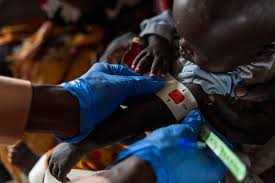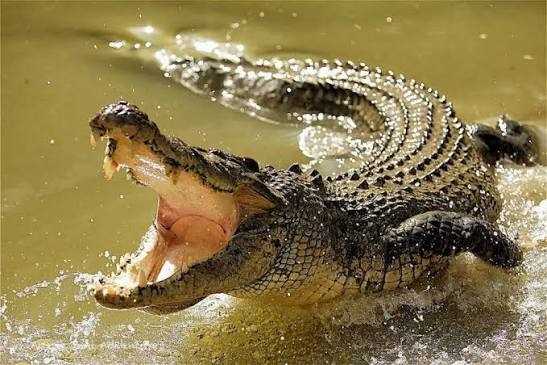
Oscar J Jeke
Zim Now Reporter
An estimated 3.4 million kids under the age of five in Sudan are at high risk of multiple deadly diseases, including cholera, which has been the most prevalent, malaria, dengue fever, measles and rubella.
Health authorities have attributed this to the declining vaccination rates and the destruction of health, water, sanitation and hygiene infrastructure caused by the ongoing conflict and the recent flooding and heavy rains that hit the region as the chief catalysts.
Following the declaration of a cholera outbreak in August 2024 by Sudan’s Federal Ministry of Health, which has so far recorded 8 457 cases and 299 casualties from at least eight states, UNICEF introduced a vaccination campaign against Cholera and other deadly diseases.
Related Stories
September 17 marked the commencement of the second round of the campaign that has target the state of Kassala with oral vaccinations taking place.
However, the deteriorating nutritional status of many children in the country proves to be one alarming element pitting the children at even a greater risk of the epidemic, a worrying development that has prompted UNICEF to urge a multi-sectoral approach and relevant partnerships with WHO, to help deal with the imminent problem in the country.
UNICEF representative in Sudan, Sheldon Yett, lamented the devastating situation facing the country, encouraged investment in the health sector and the WASH systems.
“We are racing against time. With heavy rains and flooding, diseases can spread more rapidly and severely worsen the outlook for the children in affected states and beyond.”
Subsequently, UNICEF has aided the establishment of oral rehydration centers and distributed water treatment tablets among other critical supplies and expertise throughout the country in affected states, bringing the number to more than 1.9 million people supported through this initiative.



















Leave Comments